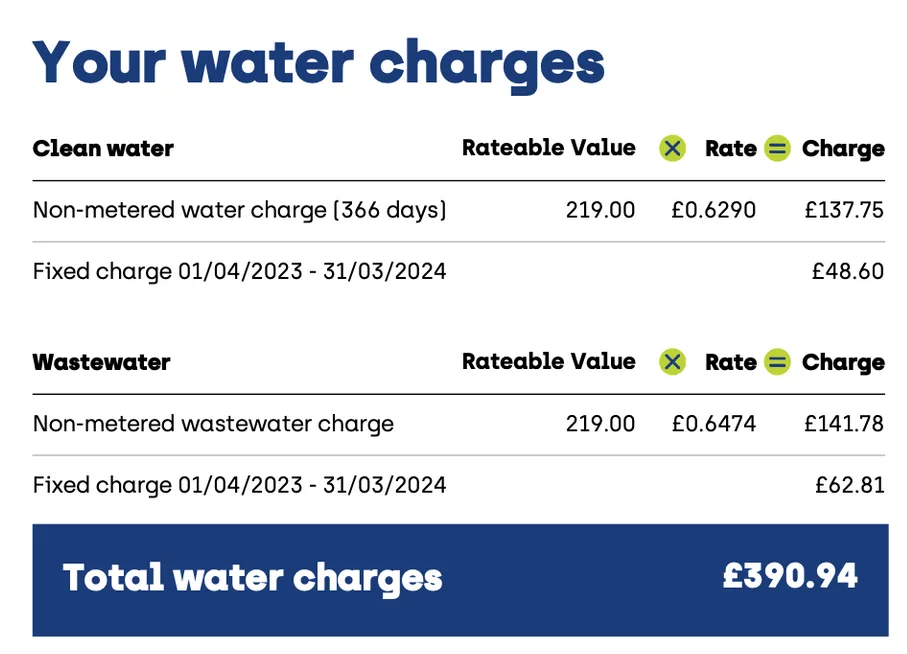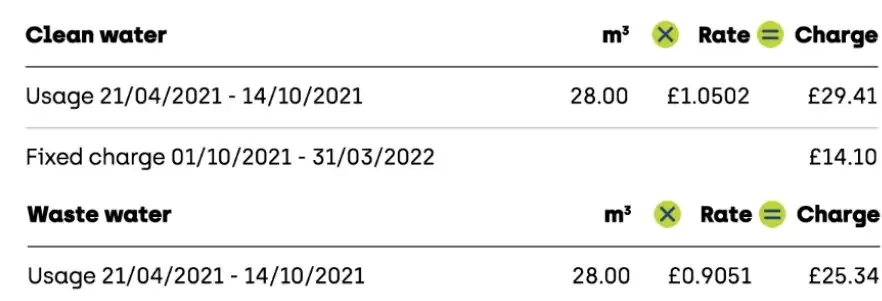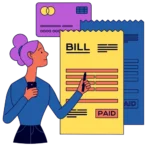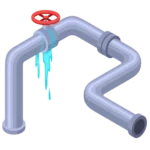Water meter calculator – FAQ’s
Our water experts answer those frequently asked questions regarding domestic water meters.
How much does it cost to request a water meter?
In England and Wales, requesting a water meter installation is usually free of charge.
However, this service is provided at no cost only if it is “practical and not unreasonably expensive” to install the water meter. Should these conditions not be met, your water company might switch your supply to an assessed tariff, considering the unique aspects of your home.
💡 Assessed tariffs differ among water companies. For more detailed information, we recommend consulting your local water company’s website.
Who can benefit the most from a water meter?
Owing to how water tariffs are structured, homes of high value with fewer occupants stand to gain significantly from water metering.
Under the rateble value tariff commonly applied to homes without a water meter, your bills are primarily determined by the property’s value. This means you could face high bills despite minimal water usage at your home.
How long does it take for a water meter installation?
Installing a water meter onto your water pipe is usually completed in less than an hour, during which time your water supply will be temporarily disconnected.
Regrettably, many water companies may require several weeks to schedule an engineer to conduct the survey and install the meter.
The timeframe largely depends on the available resources of your local water company.
Can my water company force me to install a water meter?
Yes, in areas facing significant water scarcity, water companies can mandate the installation of a water meter at your property.
Universal water metering reduces the risk of water shortages and is currently being used by Southern Water, South East Water, Thames Water, Affinity Water, and SES Water.
For more information, consult CCW’s statement on compulsory metering.
Is it cheaper to have a water meter?
Whether a water meter will save you money depends on several factors:
- The actual volume of water your household consumes.
- The rateable value of your property.
- The specific tariff rules set by your local water company.
Our water meter calculator estimates if your particular household could benefit from reduced water bills by switching to a water meter.
How often is my water meter read?
According to Ofwat, the regulatory body for the water industry, water companies must carry out a meter reading at least once per year.
For billing periods between these readings, your water company will apply an estimated usage figure to your bills.
Increasingly, some water companies are adopting smart water meters, facilitating automatic meter readings.
How are my meter readings sent to my supplier?
There are several methods for transmitting water meter readings to your supplier:
- Your supplier will conduct their own manual reading at least once a year.
- You can submit a meter reading yourself and send it to your supplier via their website.
- If you have a smart water meter, your readings will be transmitted automatically to your supplier.







